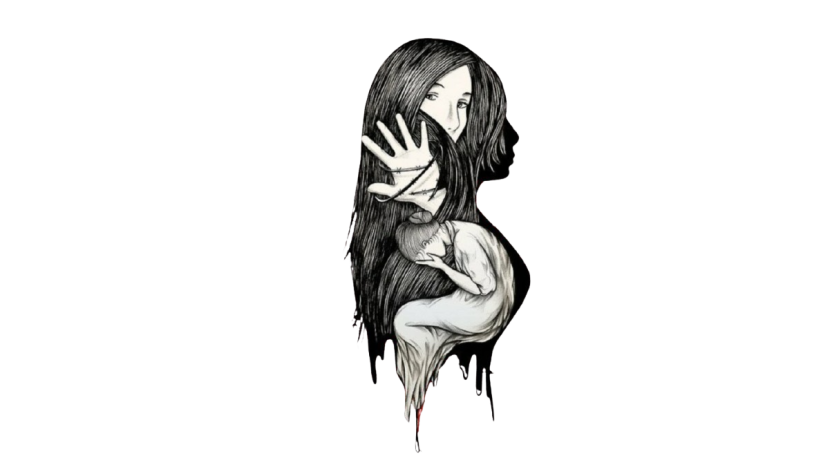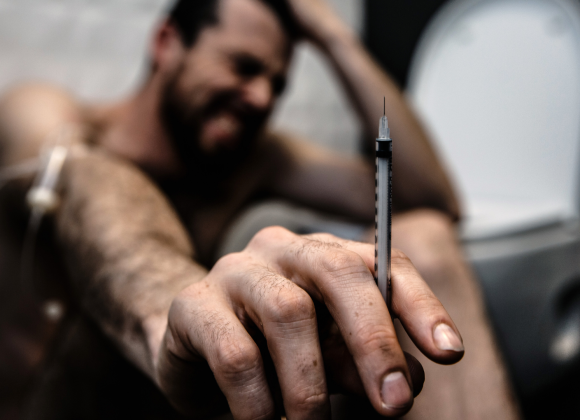In a society as culturally rich and diverse as India, the dark undercurrent of patriarchy continues to influence how men and women are perceived and treated. While discussions around gender equality have gained momentum in recent years, the harsh reality remains: patriarchy is deeply embedded in our social fabric, dictating power structures, relationships, and individual identities.
Sexual violence is not just a criminal act—it is a manifestation of control, dominance, and entitlement, often nurtured by patriarchal thinking. According to the National Crime Records Bureau (NCRB), India recorded over 31,000 rape cases in 2021, averaging nearly 86 incidents daily. Shockingly, in more than 95% of these cases, the victims knew the offenders—a stark reminder of how power, trust, and proximity, often shaped by patriarchal norms, contribute to such crimes.
Real-life cases like the Hathras gang rape (2020), where a young Dalit woman was brutalized by upper-caste men and denied dignity even in death, and the Imrana case (2005), where a rape survivor was further victimized by patriarchal interpretations of religious law, showcase how deep-seated gender and caste hierarchies perpetuate sexual violence. The conviction rate in such cases remains painfully low—only about 28%—reflecting both institutional apathy and societal silence.
Patriarchal Mindset: Women as Property or Subordinate
Patriarchy often views women not as individuals, but as property—belonging to their fathers, husbands, or communities. This belief reduces women’s autonomy and fuels control over their choices, bodies, and freedoms. When women deviate from expected roles, they often face backlash, sometimes violent.
This mindset fosters a culture where sexual violence is seen as an assertion of power and entitlement, not a punishable crime. Practices like marital rape, which remains legal in India, and honor-based violence are grim examples. Unless we challenge this belief system and see women as equals, real progress in ending gender-based violence will remain distant.
Cultural Conditioning from a Young Age
From childhood, Indian society teaches boys and girls rigid gender roles—boys are encouraged to be dominant, while girls are taught to be submissive and modest. This early conditioning reinforces male entitlement and female silence, shaping how individuals view gender and power.
Over time, these norms normalize control over women and undermine the importance of consent, empathy, and equality. As a result, the roots of sexual violence often lie in this foundation of everyday patriarchy. Challenging such norms early is essential to building a safer, more respectful society.
Media and Bollywood’s Role in Normalizing Toxic Masculinity
Bollywood has a powerful influence on public perception, and unfortunately, many of its films continue to glorify toxic masculinity. Aggression, emotional suppression, possessiveness, and dominance are often portrayed as desirable traits in male leads, while consent and healthy relationships are sidelined.
A recent example is the film Animal, which received both massive attention and criticism. The protagonist, portrayed as a violent, emotionally unstable man, is celebrated for his aggression and dominance—framing such behavior as a sign of passion or love. The film sends a problematic message: that a man’s violence is acceptable—even romantic—if it stems from love or hurt. This not only distorts ideas of masculinity but also contributes to the normalization of control, rage, and possessiveness in relationships.
When such content reaches millions without responsible storytelling, it reinforces patriarchal ideals and desensitizes viewers to harmful behaviors. It’s essential for the media industry to recognize its role in shaping attitudes and to start promoting respectful, balanced, and emotionally healthy representations of men and relationships.
Legal Loopholes and Justice System Bias
India’s justice system, though equipped with laws against sexual violence, still suffers from gaps and biases that protect patriarchal interests. Key issues include the non-criminalization of marital rape, low conviction rates (only 28% in rape cases, as per NCRB data), and a slow, insensitive judicial process that often retraumatizes survivors.
Police apathy, delayed investigations, and societal pressure discourage many victims from filing complaints. Even when they do, the legal process tends to scrutinize the victim’s character more than the perpetrator’s actions. These systemic flaws undermine justice and reinforce the culture of silence and fear around sexual violence.
Reform is essential—not just in law, but in mindset—to ensure that survivors are heard, protected, and empowered to seek justice without stigma or delay.
Male Ego and the Fear of Losing Power
At the core of patriarchal violence lies a fragile yet dominant force—the male ego. Raised in a system that equates masculinity with control and authority, many men perceive women’s independence, success, or refusal as threats to their power. This fear often manifests as aggression, harassment, or violence, used to reassert dominance.
When women challenge traditional roles—whether by saying “no,” pursuing careers, or demanding equality—it disrupts a system where men have long held control. In response, some resort to violence not just as a reaction, but as an attempt to punish and restore their perceived superiority.
To dismantle this mindset, we must redefine masculinity—not as control, but as emotional strength, respect, and equality. Only then can we truly move toward a society free from gender-based violence.
Also read about “Why Sex Education is a Necessity in India”
Author’s View
As the writer of this piece, I believe that combating sexual violence in India requires more than strong laws—it demands the dismantling of the patriarchal mindset that allows such violence to thrive in the first place. Patriarchy is not just a cultural relic; it’s a daily reality that shapes attitudes, silences victims, and emboldens perpetrators.
One case that continues to haunt and inspire is that of Bhanwari Devi, a grassroots social worker from Rajasthan who was gang-raped in 1992 for trying to stop a child marriage. Despite the trauma she endured, the legal system failed her—all accused were acquitted. Yet her courage sparked a movement, eventually leading to the Vishaka Guidelines, the first step toward addressing sexual harassment in the workplace in India.
Her story is a reminder that while the system may be flawed, voices raised in truth and resistance can lead to change. But we cannot wait for tragedy to act. Change begins with each of us—in our homes, our schools, our media, and our mindsets. Until women are seen as equals, heard without judgment, and protected without compromise, justice will remain incomplete.




